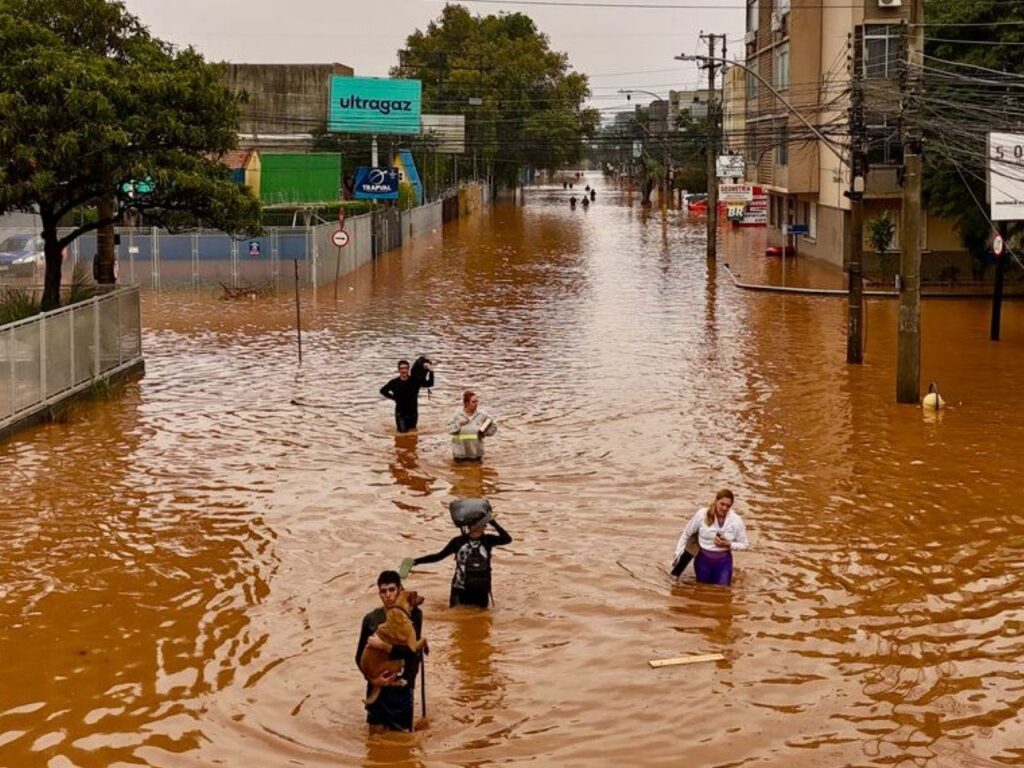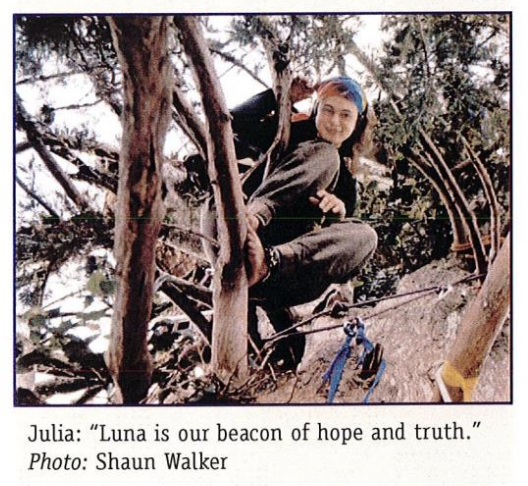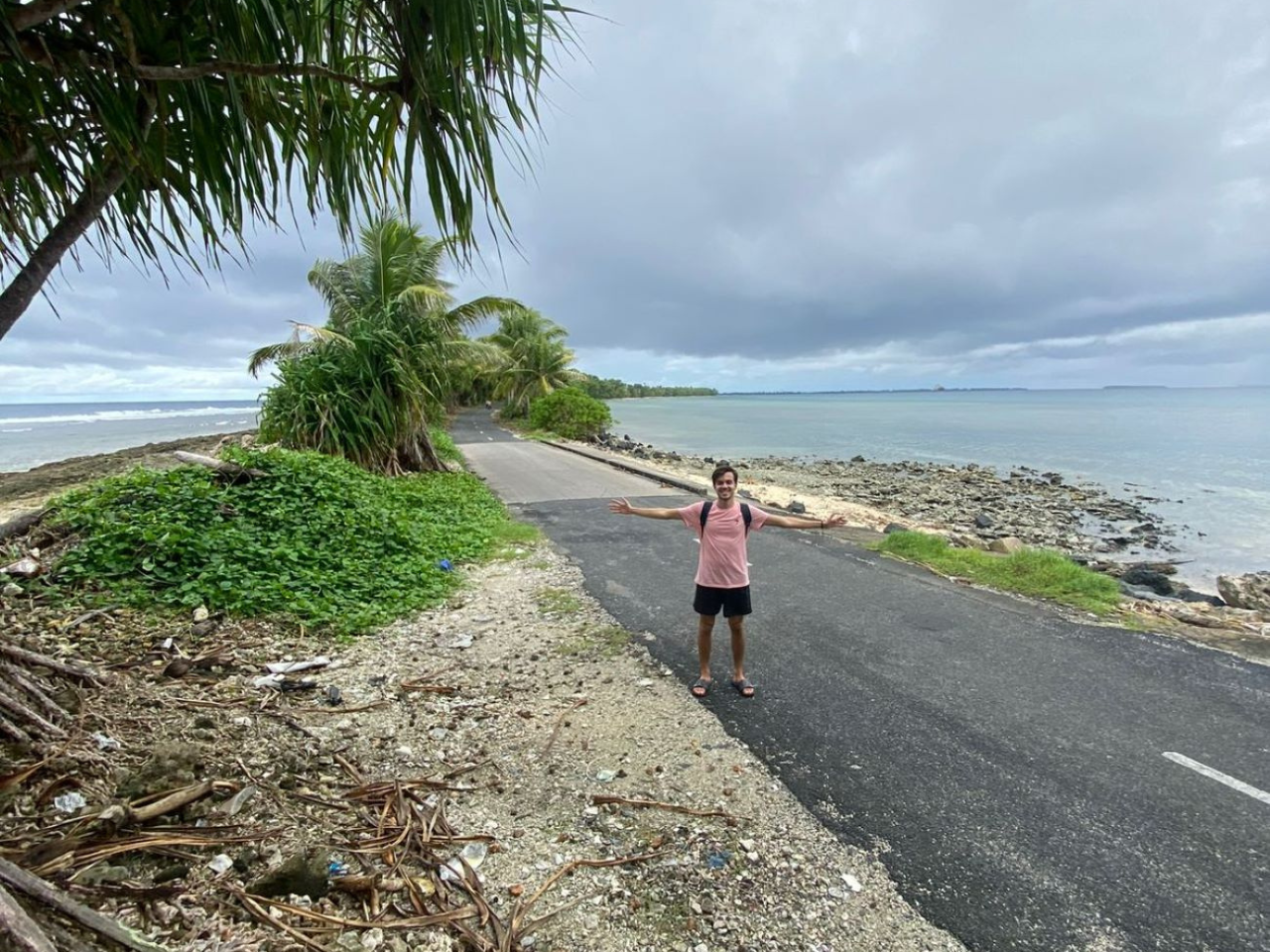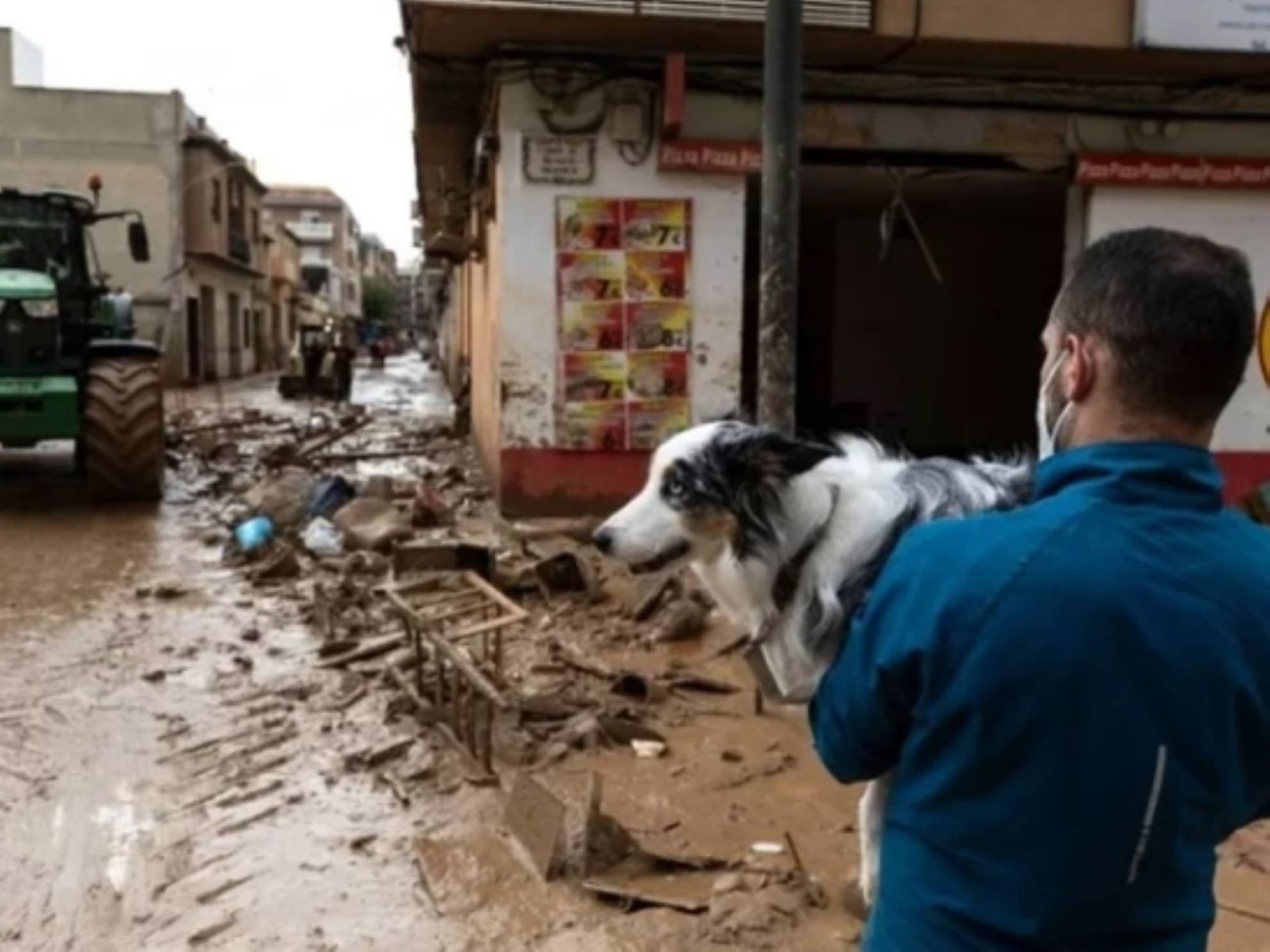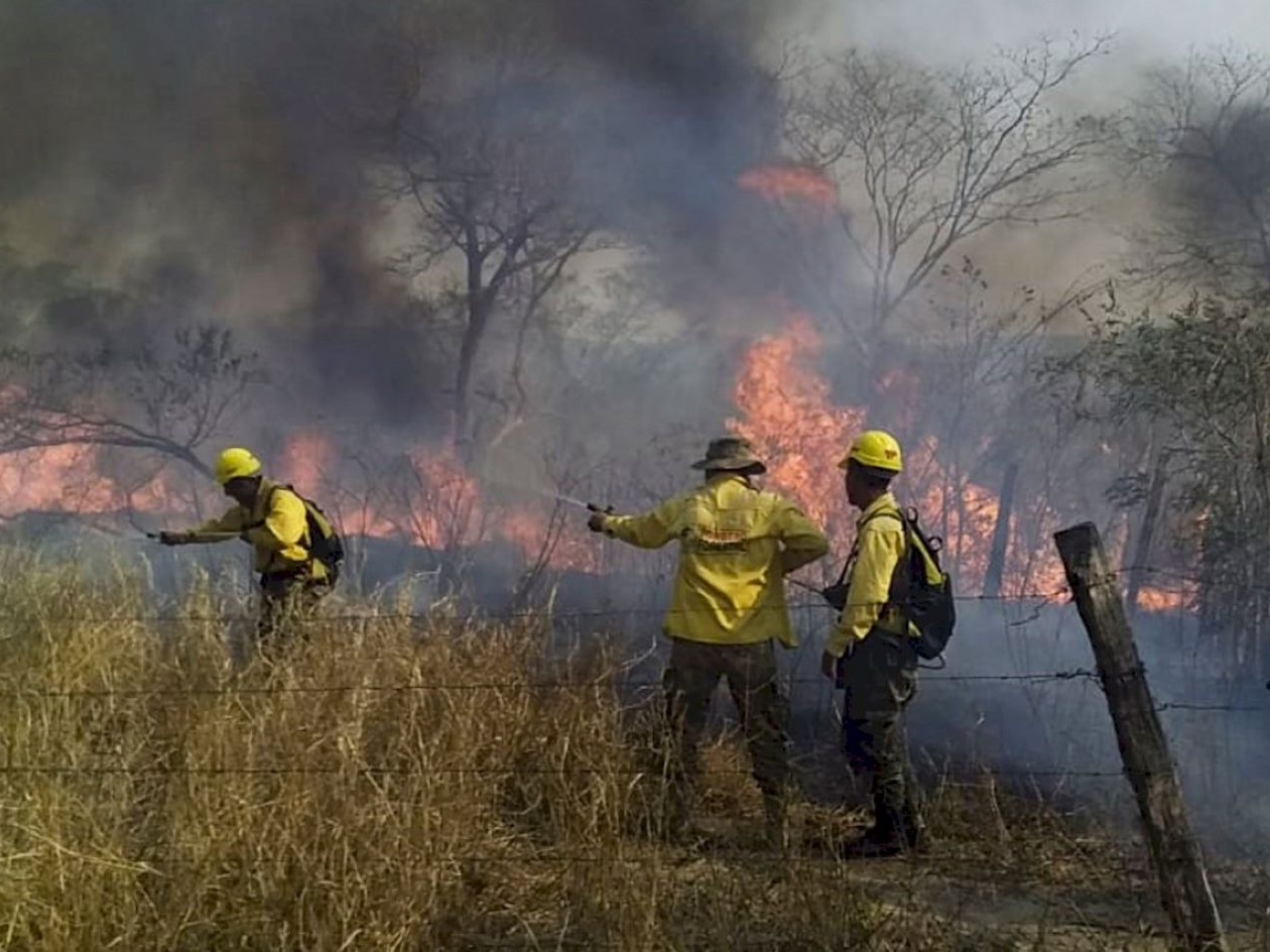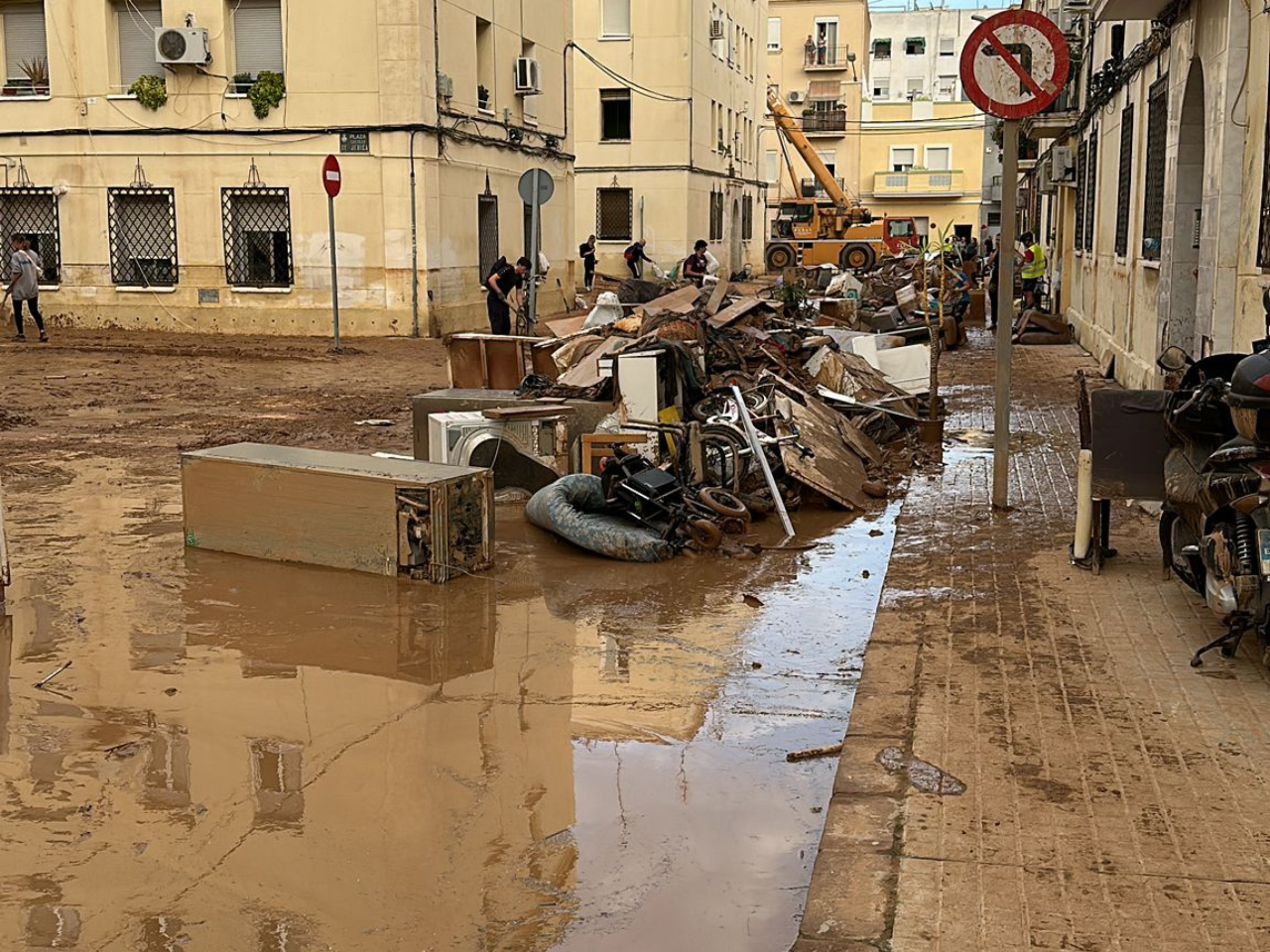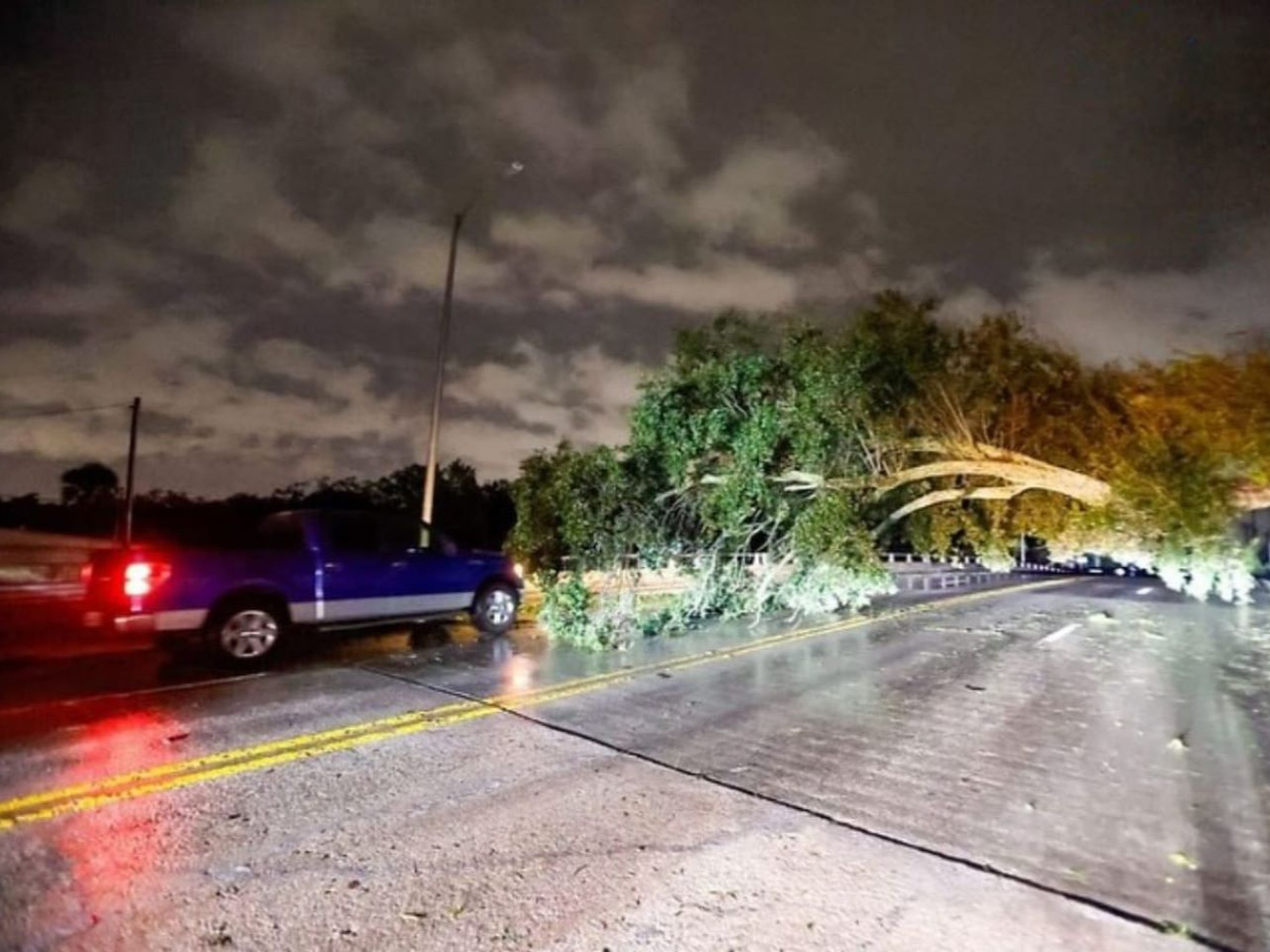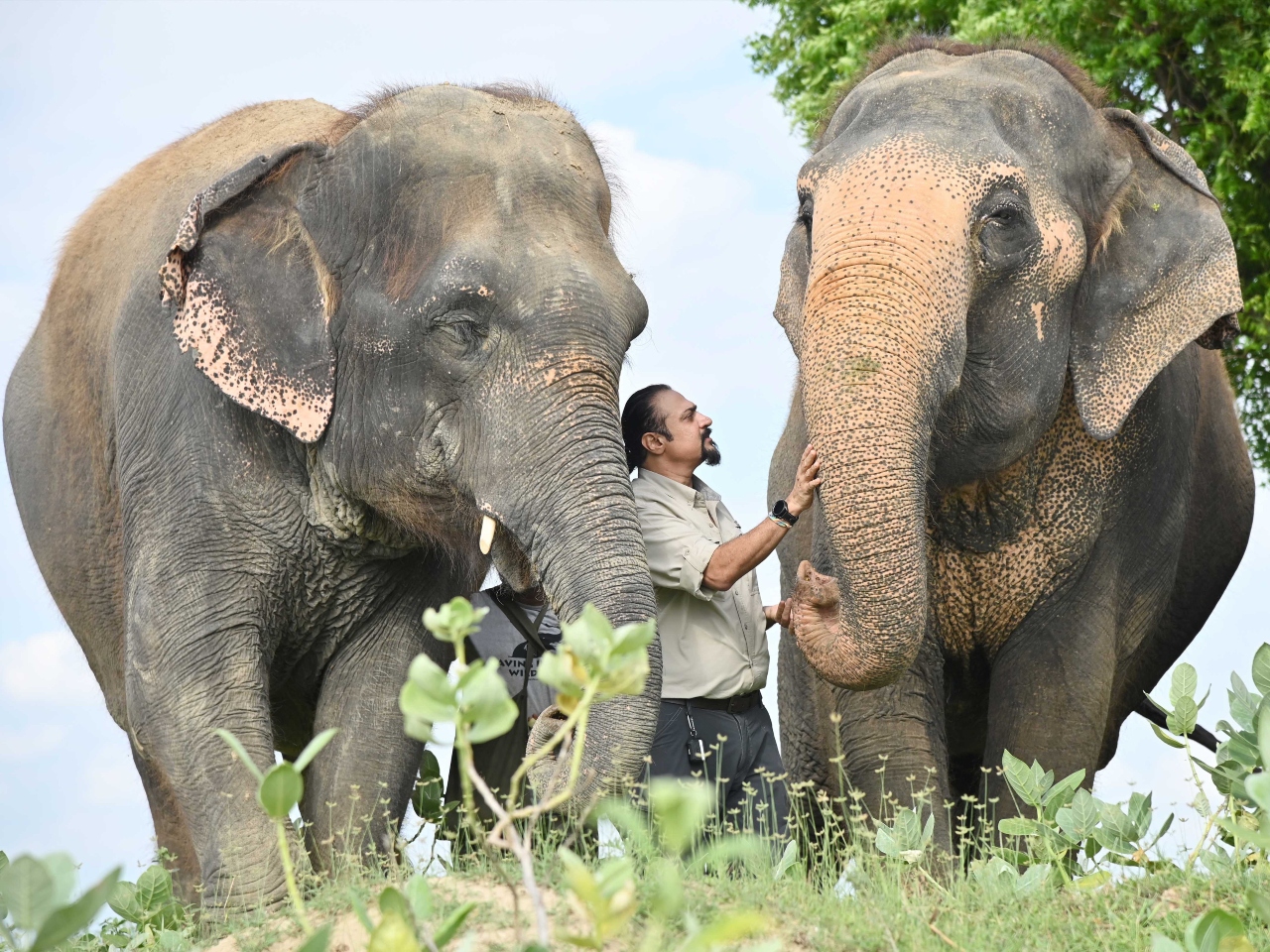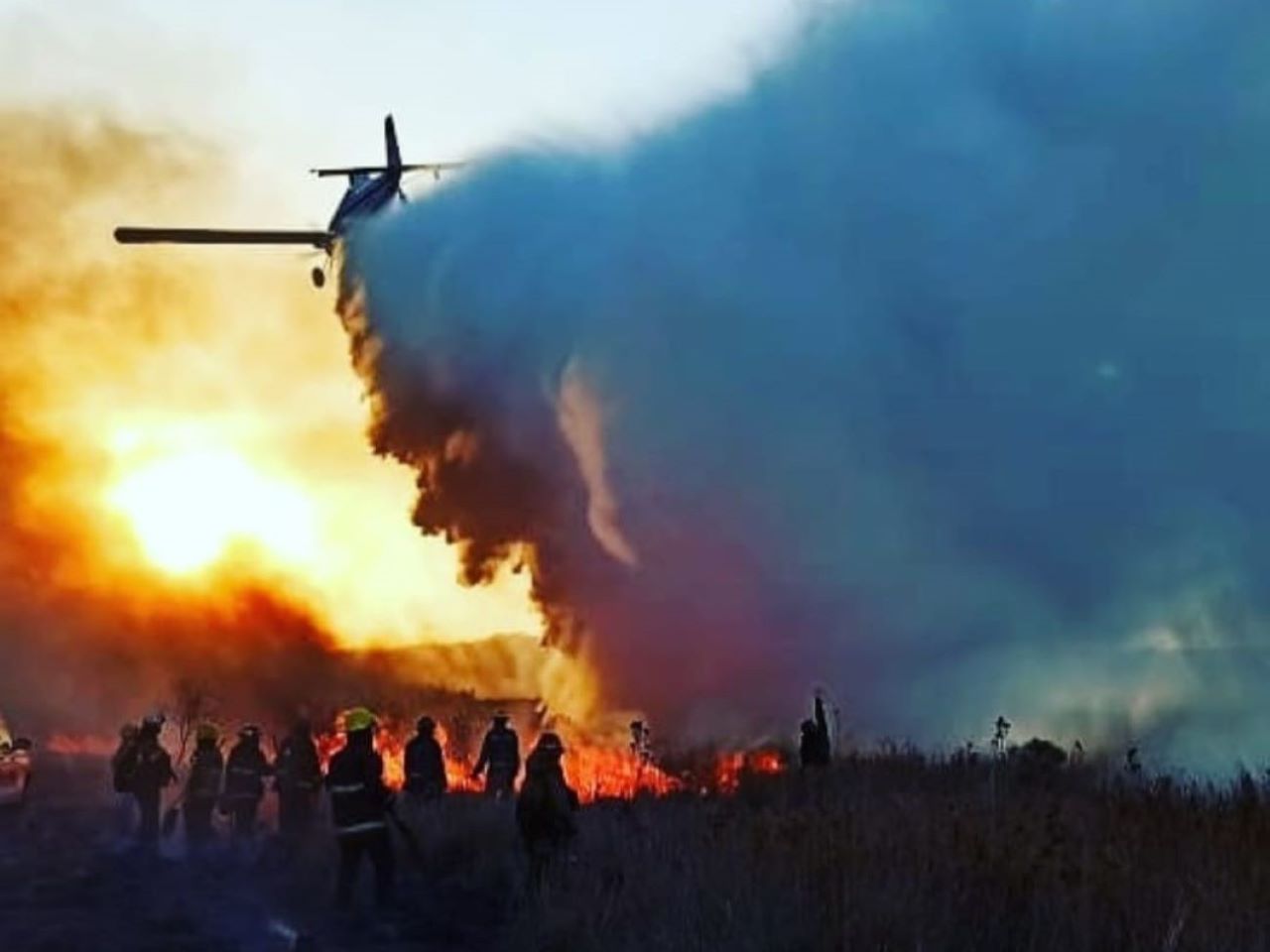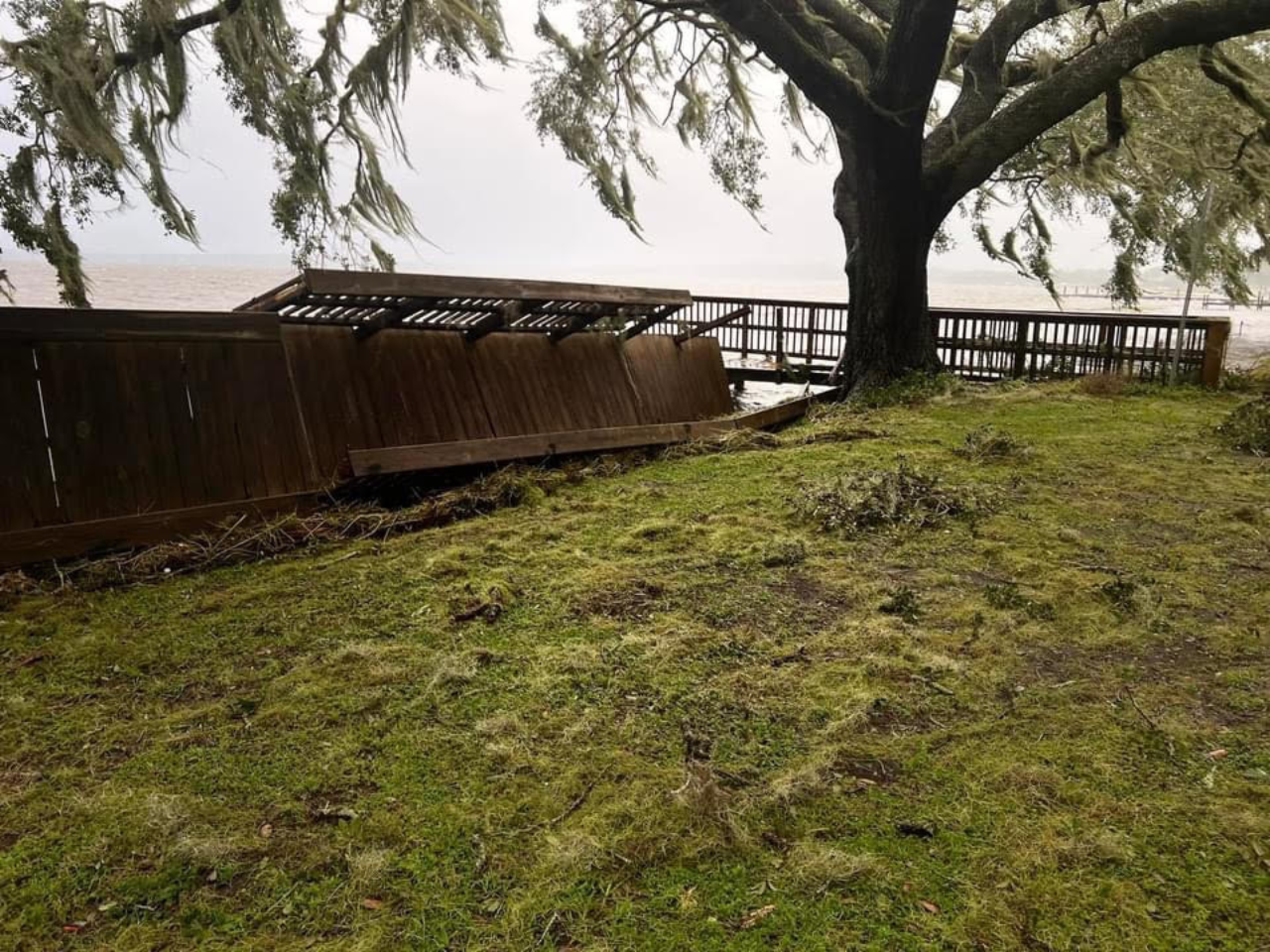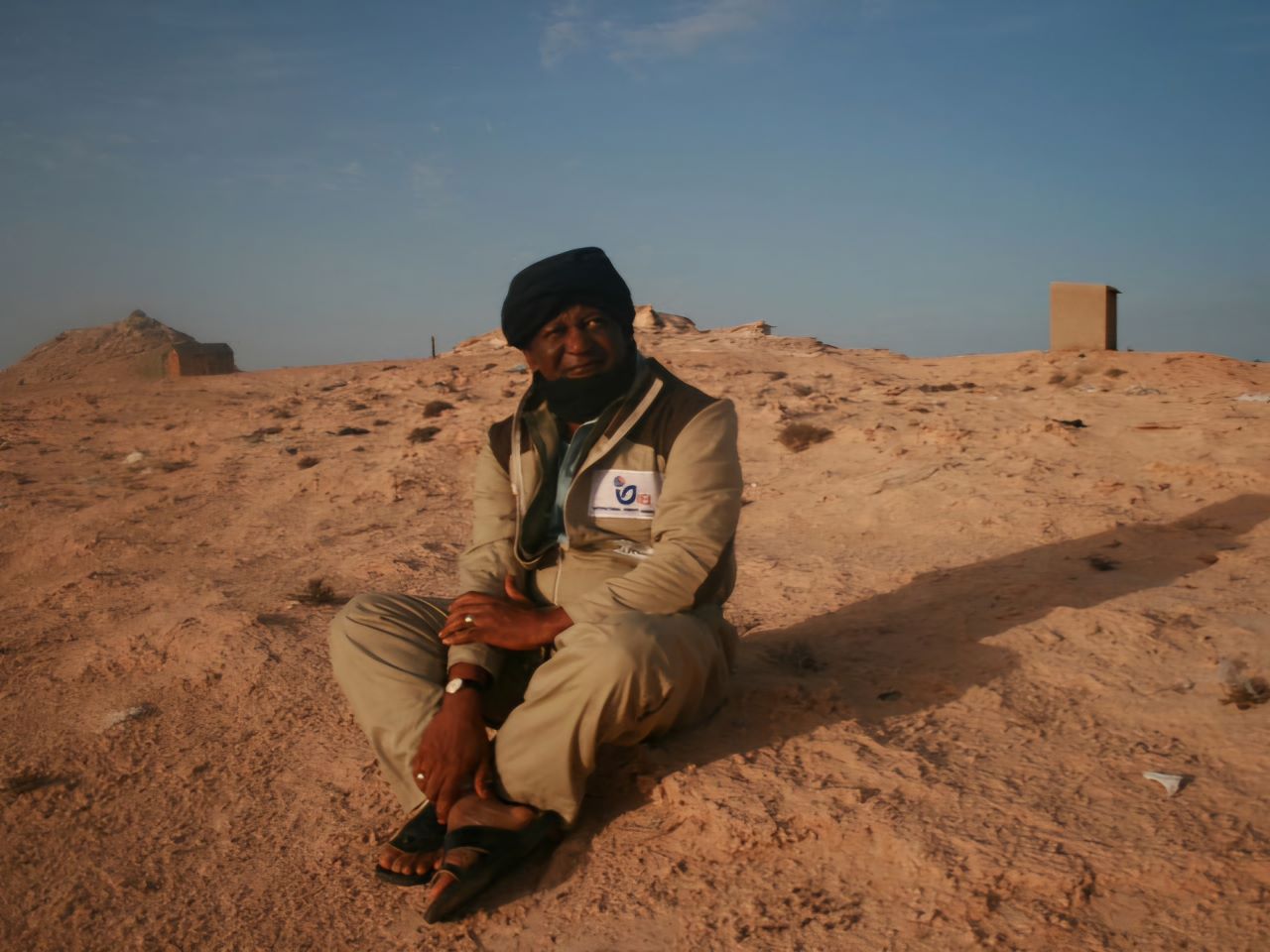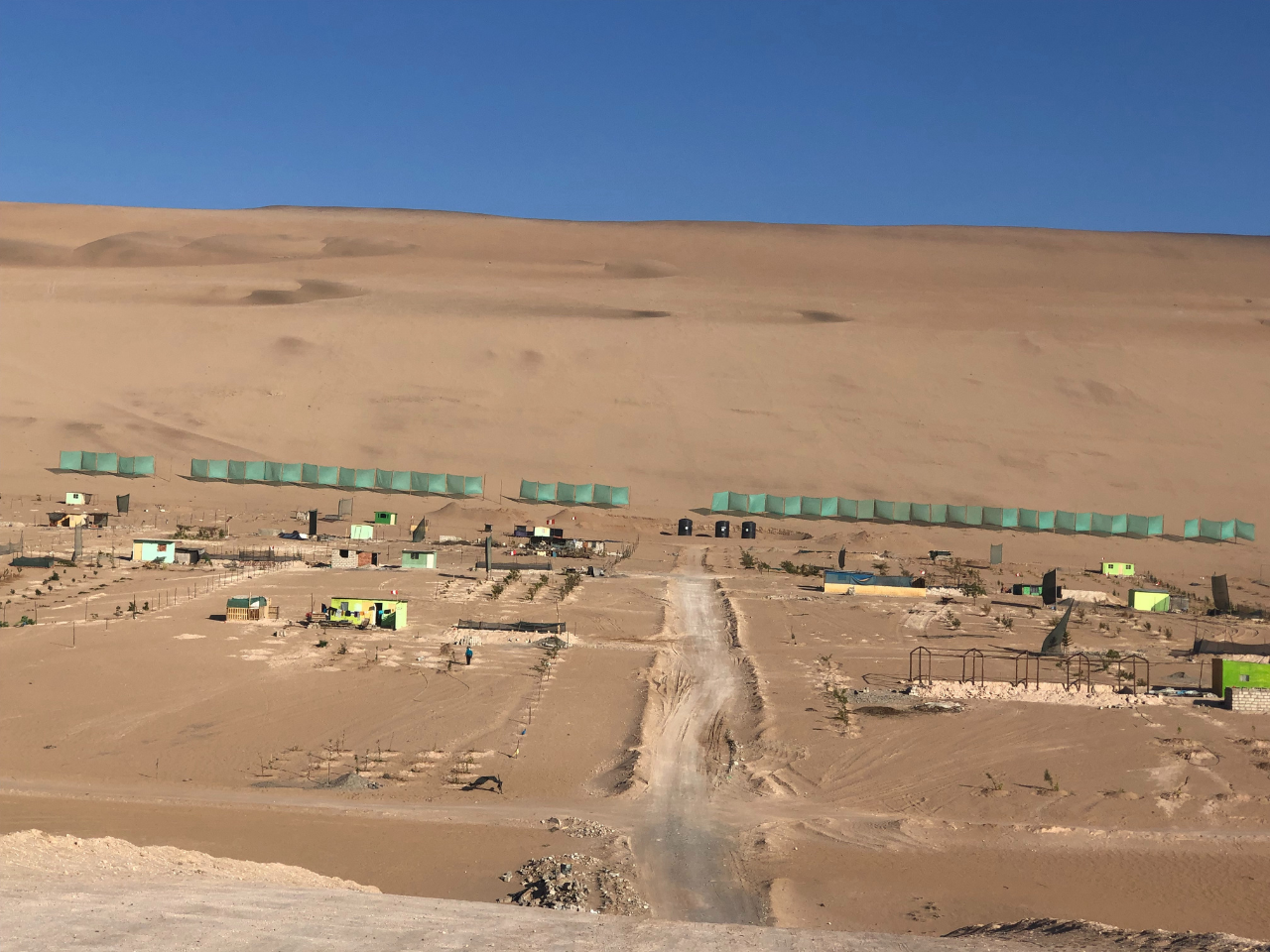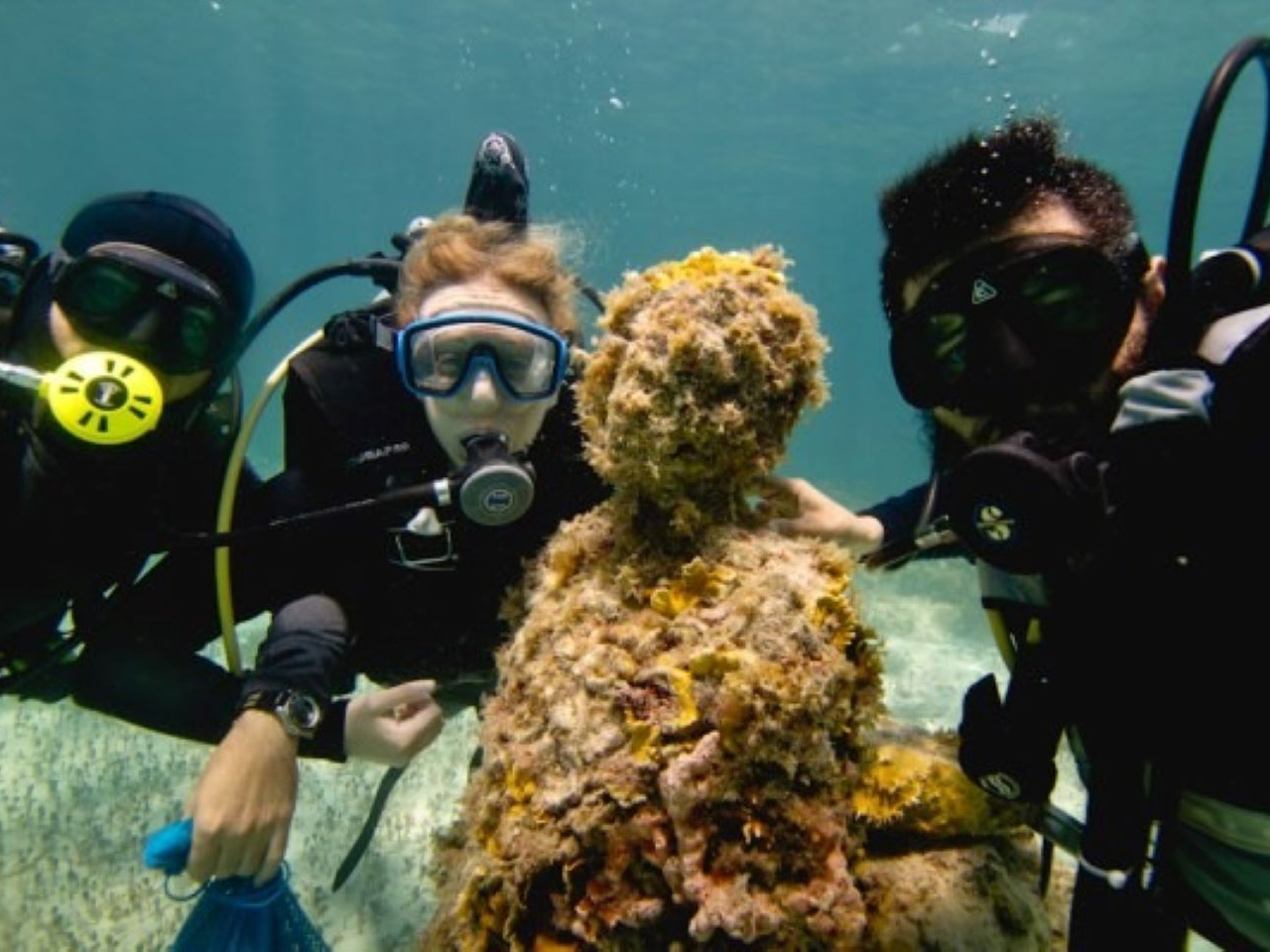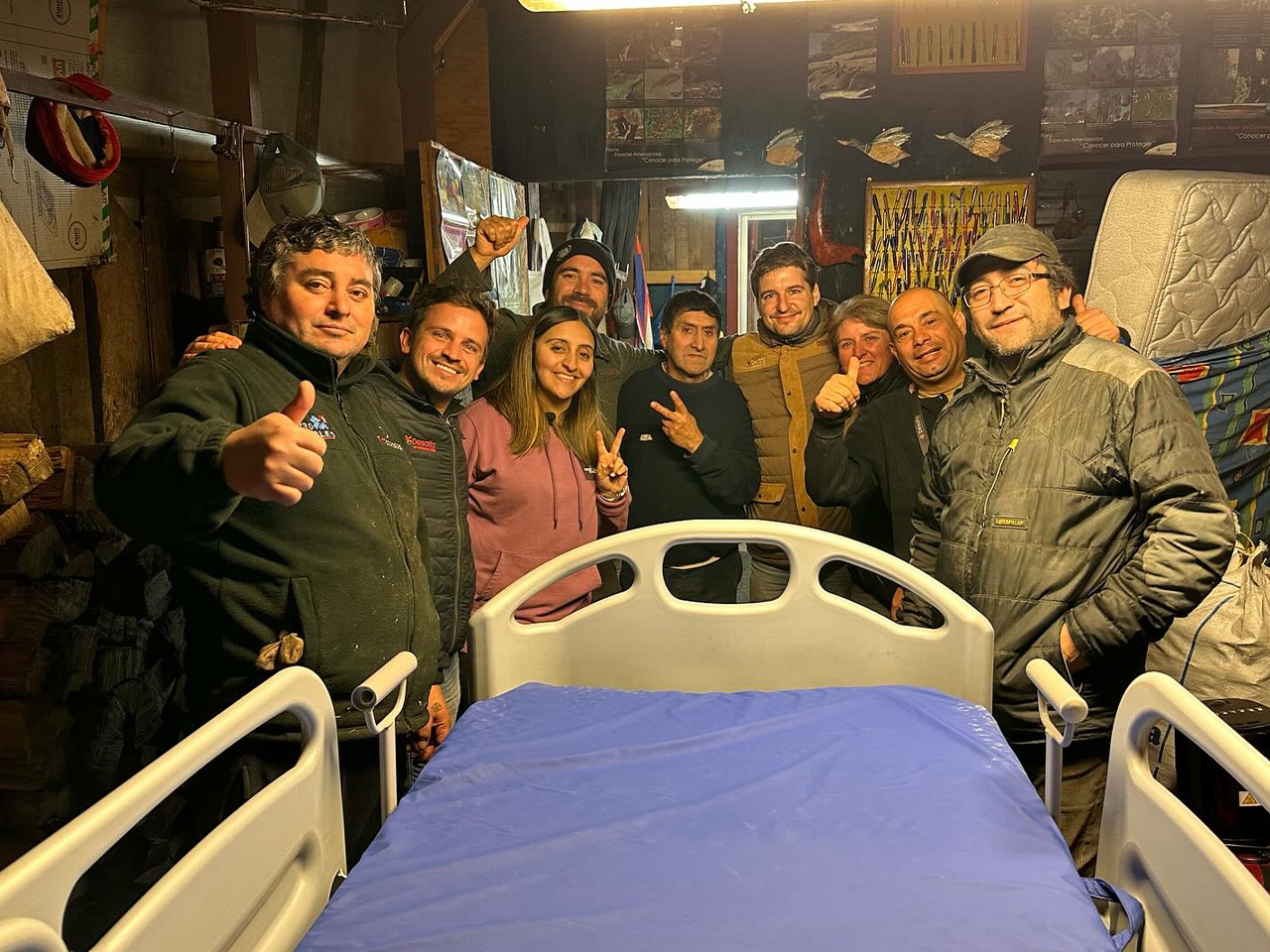Doctor offers lifesaving aid to flood victims in Brazil, pleads for a climate change wake-up call
In the early hours of May 4, heavy rains cracked the dam in Porto Alegre, unleashing a torrent of water that devastated everything in its path. It washed away the foundations of houses as if they were mere toys.
- 2 years ago
July 21, 2024

LAJEADO, Brazil — On Saturday, May 4, 2024, heavy rains persisted in Porto Alegre, the capital of Rio Grande do Sul. When the downfall caused a dam in the northern part of the city to crack, it unleashed chaos. Uncontrollable floodwaters swept through neighborhoods, block by block. From my vantage point, I observed the flooded areas.
Seeking refuge in my elevated home with my wife, I faced challenges. As a doctor, access to the hospital became blocked or destroyed, preventing me from reaching work. Gradually, when alternative routes opened, I made it to the facility. Upon witnessing the devastation, I knew I needed to do more than simply work at the hospital. Soon, I began to volunteer at shelters where individuals affected by devastating floods sought temporary refuge.
When I walked into one of these shelters, I encountered people in a state of shock. Most of them were elderly, hypertensive, or diabetic patients who had run out of insulin and were desperate. Among them, some were in critical condition and required dialysis due to kidney failure. Unfortunately, we faced scarce resources and had to transfer some to higher-level hospitals via helicopter.
Read more environment stories at Orato World Media.
Dam collapse in Porto Alegre: floodwaters ravage the city
In the early hours of May 4, heavy rains cracked the dam in Porto Alegre, unleashing a torrent of water that devastated everything in its path. It washed away the foundations of houses as if they were mere toys. The rains collapsed roofs and obliterated entire areas as if erasing them from existence. The forest along the riverbank vanished within minutes. Darkness enveloped the city as lights flickered out, and chaos reigned. The floodwaters inundated regions that had never before experienced such devastation.
As news of the unfolding disaster spread, our phones flooded with messages from relatives and friends asking if we were safe. Some evacuated their homes and businesses, while others fretted over family and friends. Desperation compelled people to leave with whatever they could carry, on foot or by boat. We felt a sense of loss, helplessness, and overwhelming sadness settle upon us. Starting over seemed impossible.
Amidst the devastation, firefighting teams, and international aid swiftly deployed. Helicopters crisscrossed the skies, tirelessly rescuing stranded individuals and delivering essential supplies. Yet, severed communication lines left families in agonizing uncertainty. The loss of documents further complicated matters, making searching for missing loved ones nearly impossible. Tragically, the relentless current claimed lives, especially among those huddled along the riverbank.
Doctor volunteers at flood shelters, offering medical and mental health care to victims
While volunteering to aid flood victims, I visited a shelter that shocked me. There, I found strangers from different locations who rescued children suffering from pneumonia and respiratory diseases. Sadly, some of these children arrived without families. Their palpable distress left me struggling to find comforting words as they cried for their parents.
The space that once served as a school now houses families in makeshift accommodations. Children run restlessly among scattered toys, while colorful posters with letters and numbers adorn the walls. However, there are no classes; instead, they have stacked classroom desks on their sides to create space for mattresses and blankets, turning the rooms into dormitories.
Hundreds of displaced individuals constantly streamed in, causing people to pace back and forth with blank expressions. At the time, I could not fully grasp the scale of the tragedy unfolding before us.
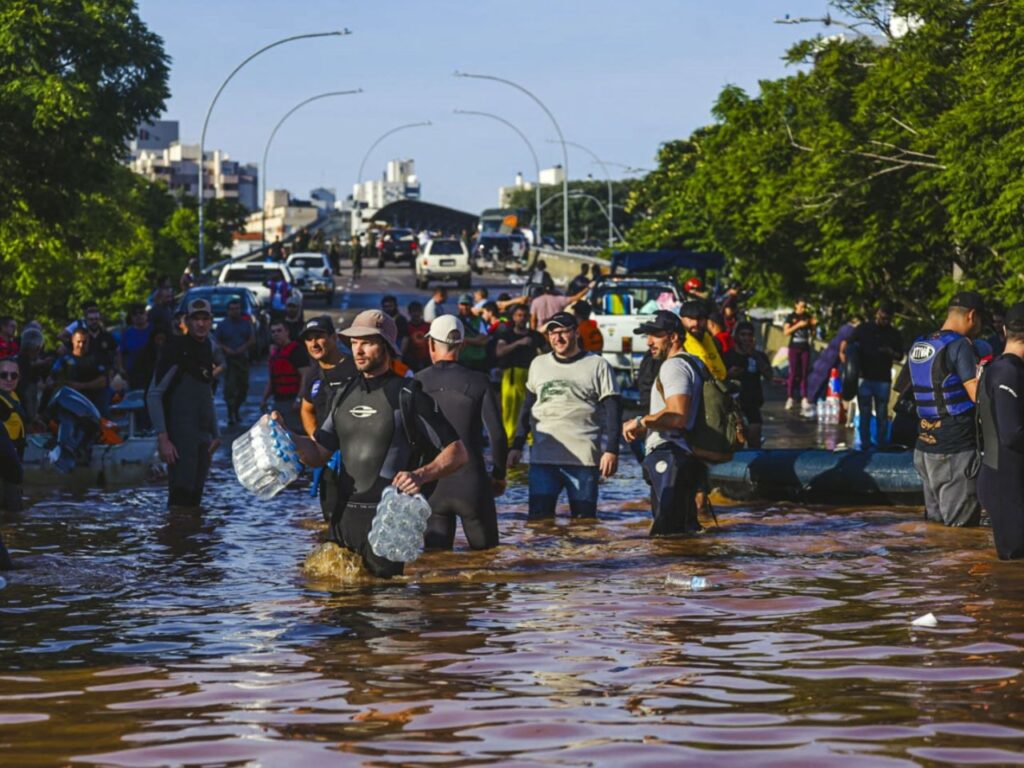
Our medical, nursing, and psychology colleagues tirelessly provided medical and mental health care to those seeking refuge at the shelter. We focused critically on raising awareness about the importance of clean running water, as many cases showed contamination with leprosy due to vermin urine and excrement. We also emphasized the need to protect against the cold, as mild cases could worsen rapidly. I vividly remember patients describing how their condition deteriorated during the days they waited by windows or on rooftops, hoping for rescue.
Woman breaks down in refugee center, “I still don’t know where the rest of my family is”
Amid tears and anguish, I moved through the refugee center, hearing the victims’ voices echo. “Disaster always seems to follow us, doctor,” they confided. As I moved further, a woman burst into tears, telling her story. She told me their house became submerged and they faced the daunting task of rebuilding from scratch. When the floods hit, her husband had to choose between taking her backpack or the family dog.
Refusing to abandon their loyal companion, she cast her backpack into the water and watched it drift away, carrying important belongings. “Desperation drove us to seek shelter with only our essentials,” she told me. “The pain of leaving our home behind weighs heavily on us. They moved us to this shelter, and I still don’t know where the rest of my family is.”
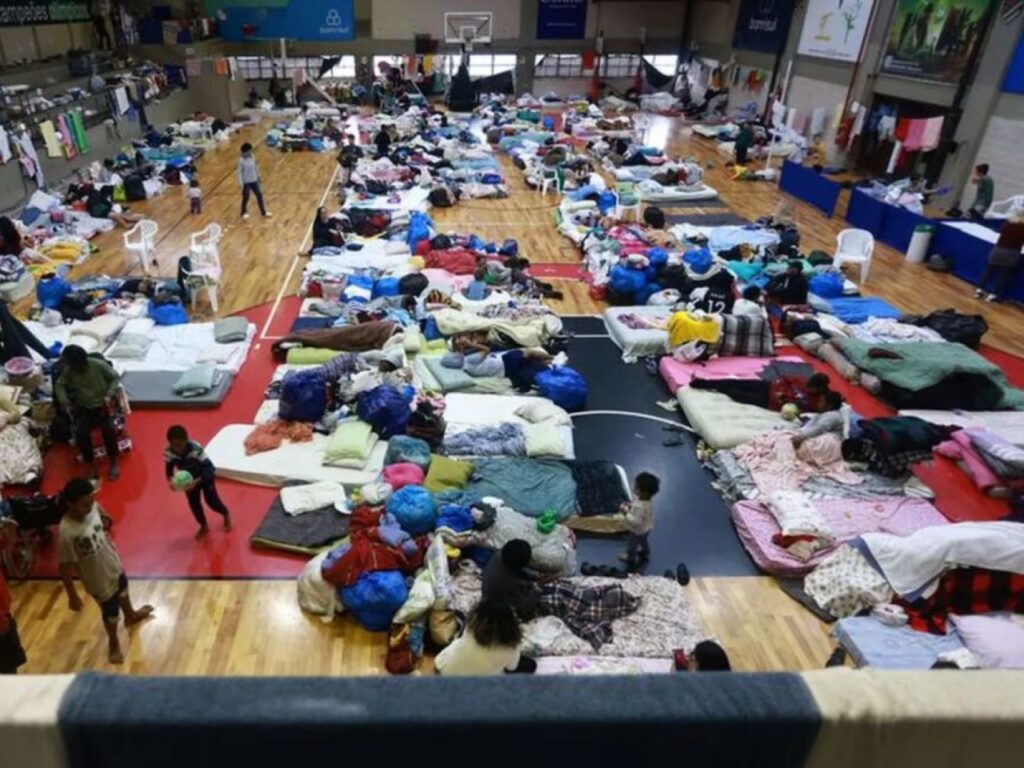
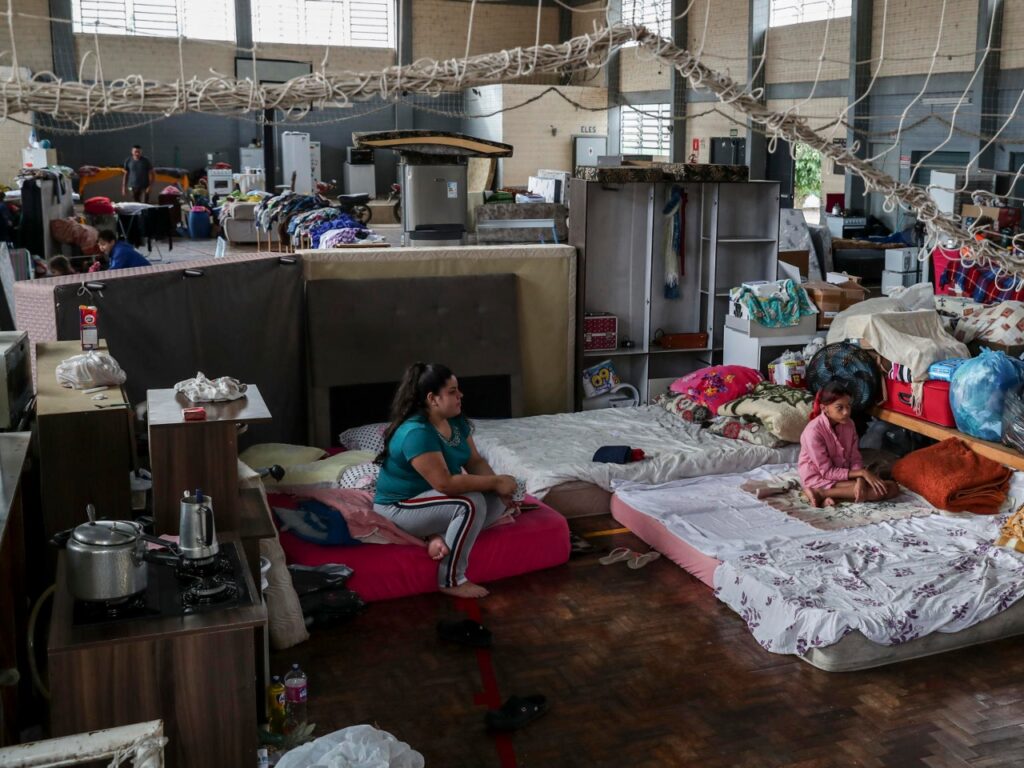
For days, families huddled in a temporary shelter in an annex at Grêmio Stadium, a well-known football club in Porto Alegre. Among the volunteers helping at the stadium, I met Adriano, a 51-year-old truck driver. Moved by the televised plight, he rallied his family to purchase food and water for the afflicted. I saw him arrive with the bags and stand there bewildered, looking around 360 degrees.
As he set down the bags with a bewildered gaze, his eyes welled with tears. In a cracked voice he said, “It’s the least we can do.” Along the way, he encountered hungry souls who had not eaten properly for days. Amidst the noisy stadium, he clasped my hand, whispering a feeble but heartfelt thank you. During those emotional moments, I found it hard to continue. Often, I paused, holding hands with someone for a few minutes, feeling the impact deeply.
Rescuers in Brazil airlift critical patient to the hospital
Some individuals affected by the floods remained in vulnerable areas with no access to health professionals. One day, I joined the rescuers on a mission to find them. I boarded a helicopter and witnessed heartbreaking scenes that left me speechless.
At one point, the civil defense team made a daring maneuver, airlifting a critically ill patient from one hospital to another. During the flight, I held the patient’s hand and sensed his fragile strength. He struggled to cling to life. Despite the deafening helicopter blades, I heard him whisper, “Thank you.” We saved the man’s life that day.
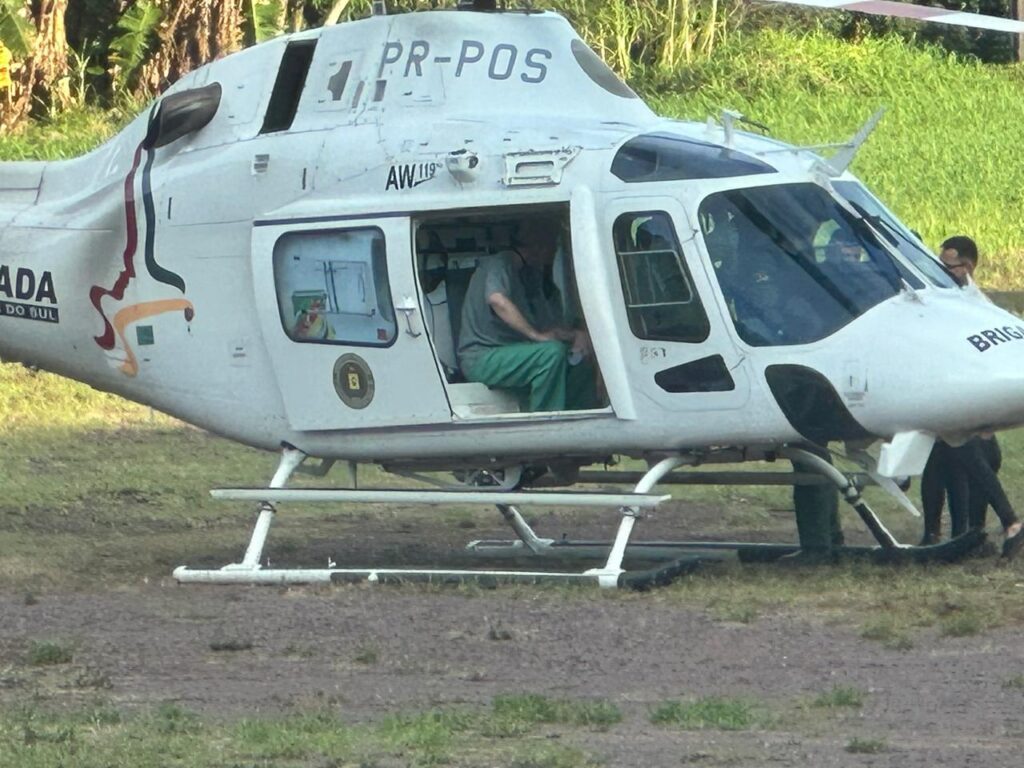
As we regrouped, our focus shifted to community work. My wife and her friends tirelessly prepared and delivered food to various centers. We lost count after assembling around 5,000 food parcels. Numbers ceased to matter; our mission was clear. We needed to provide sustenance to those in need.
We encountered delicate situations as we distributed the provisions, sharing in the suffering of those we served. Most inspiring to us was their incredible resilience. Days later, trucks from all corners of Brazil arrived laden with donations, bringing much needed relief.
The aftermath of devastation: a call for climate change
Today, everything lies in ruins in Porto Alegre. Many lost their lives, and the relentless floodwaters washed away entire communities. Witnessing people with eyes silently crying for help feels heart wrenching. Their broken spirits render them unable to speak.
Authorities in some areas plan to establish four tent cities to accommodate the 8,000 people still residing in makeshift shelters. These temporary structures will include individual dormitories, shared facilities for hygiene, and communal spaces. However, people who lost everything feel helpless as they face the daunting task of starting over from scratch.
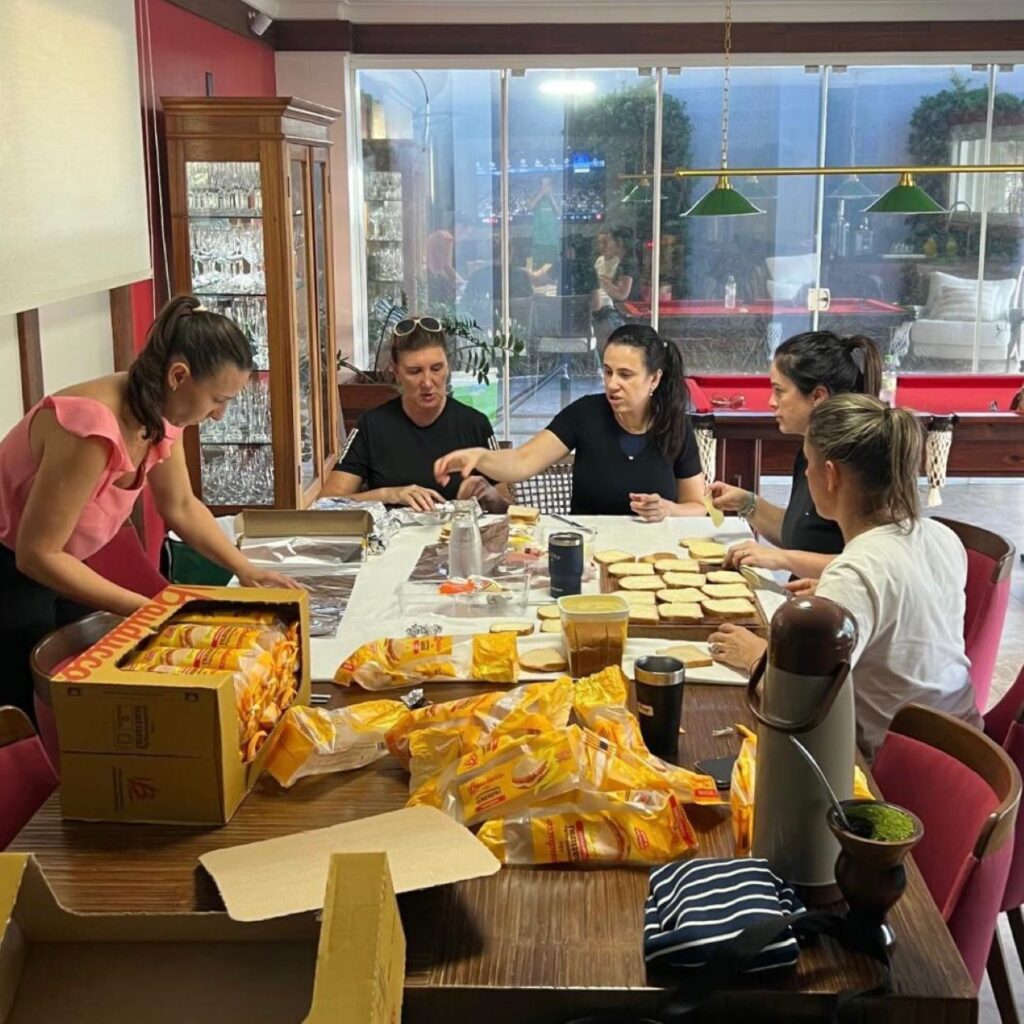
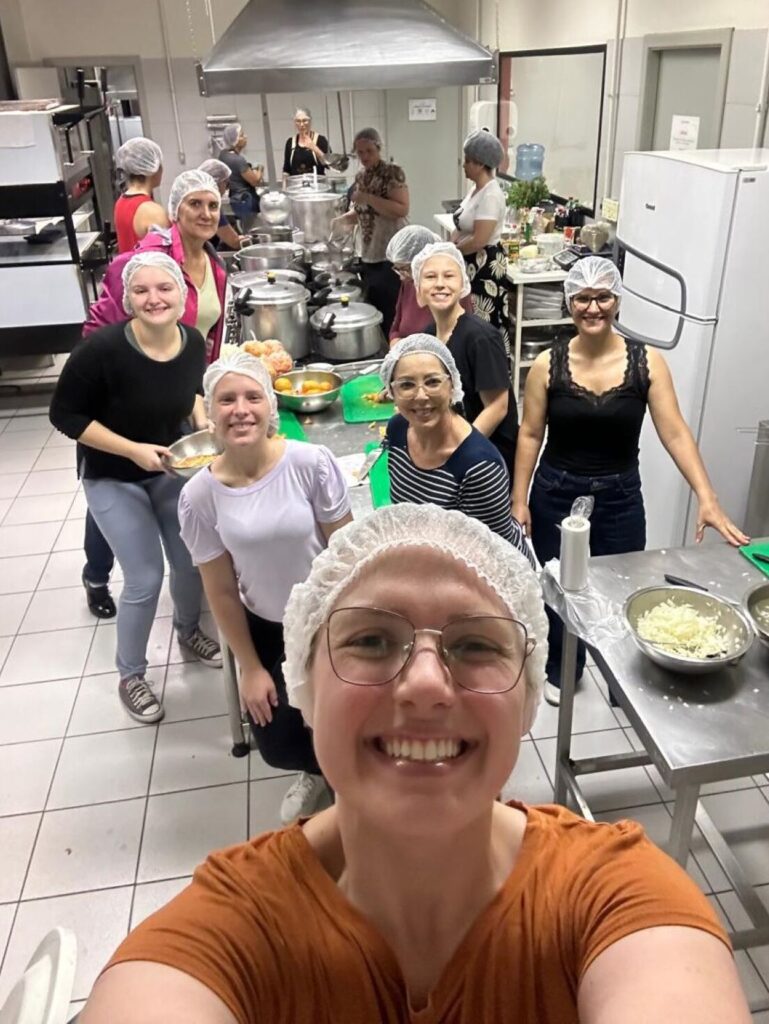
Every raindrop that falls now deepens our collective trauma. The sky, once a symbol of hope, now evokes unbearable despair. Despite the receding waters, residents have not returned to their neighborhoods. Streets remain strewn with waterlogged debris, remnants of the river’s fury. These floods shattered all previous records for climatic disasters. Yet, warnings have echoed for years.
As I walk through shelter corridors, hospital hallways, and chaotic streets, I wonder, “When will consciousness awaken? When will we truly grasp the impact of climate change? Ignoring these signs is no longer an option. Will we continue to ignore this?”

